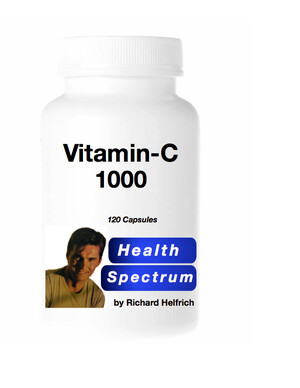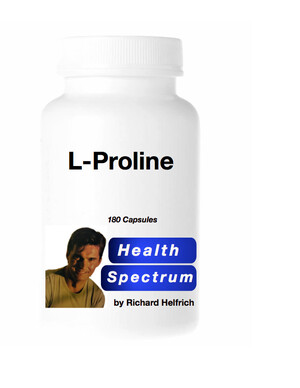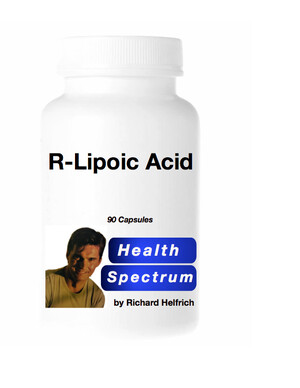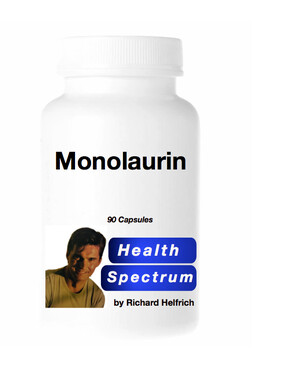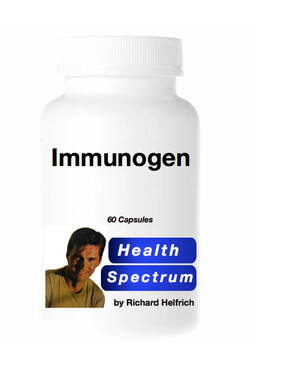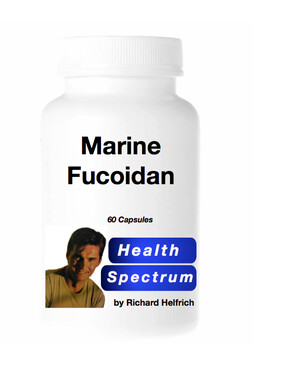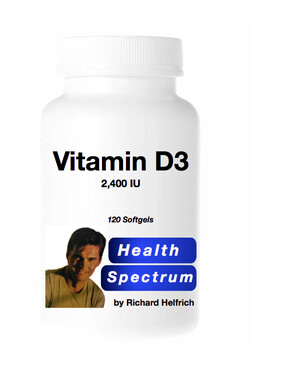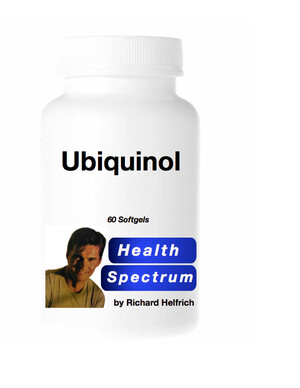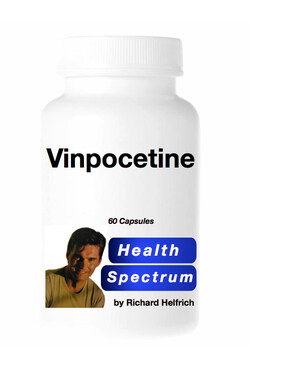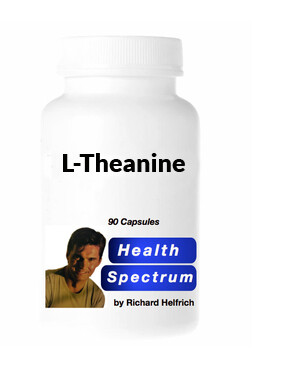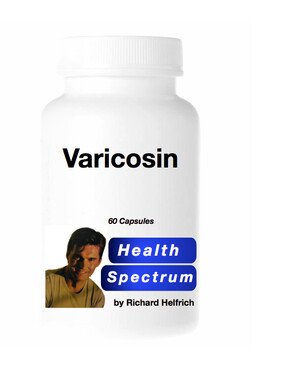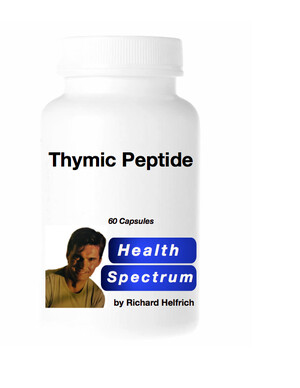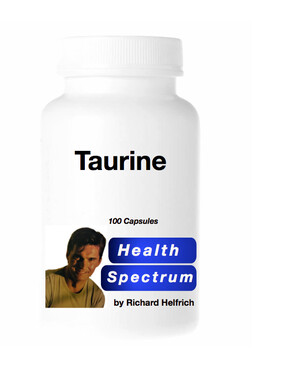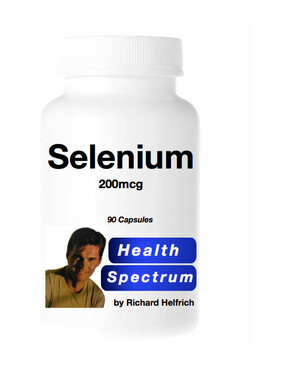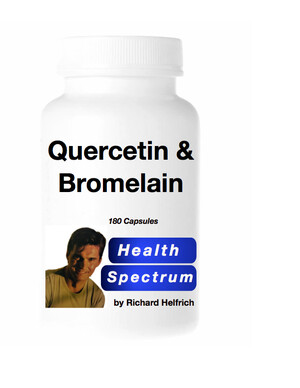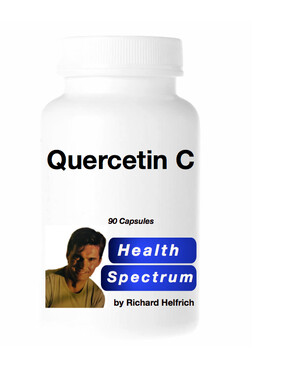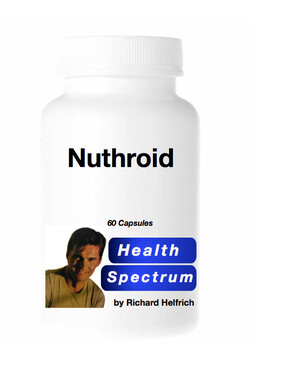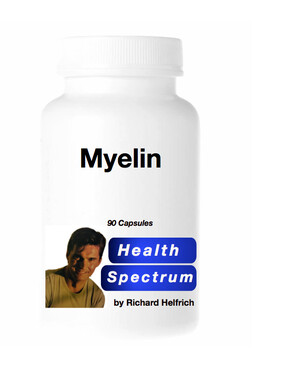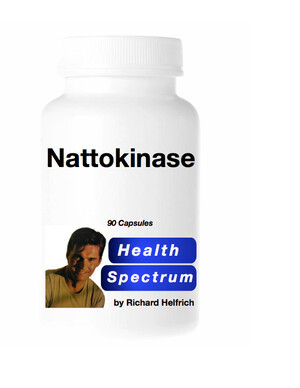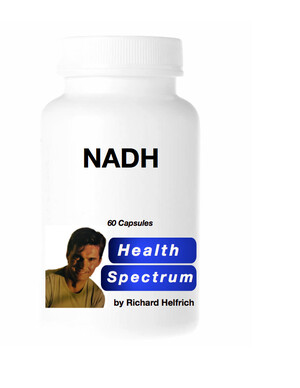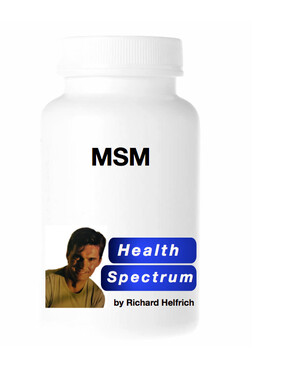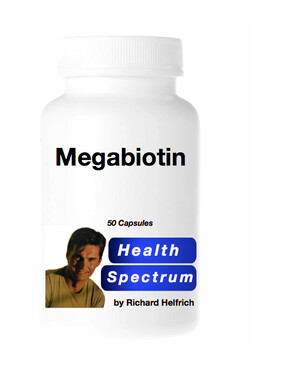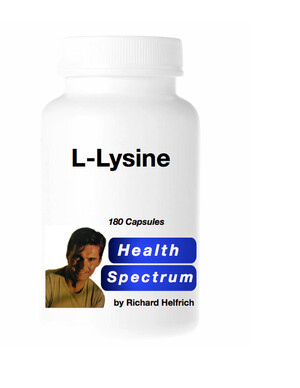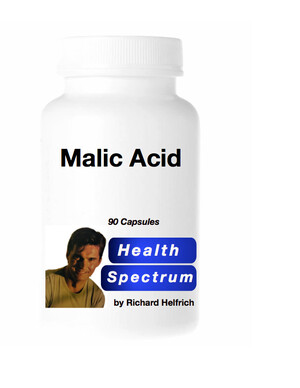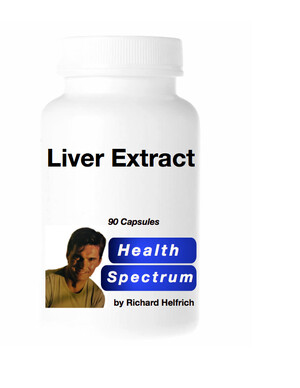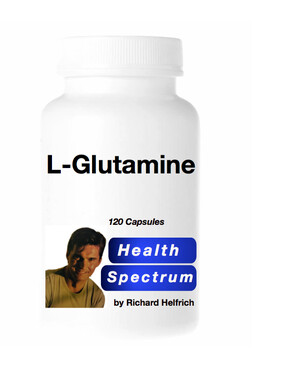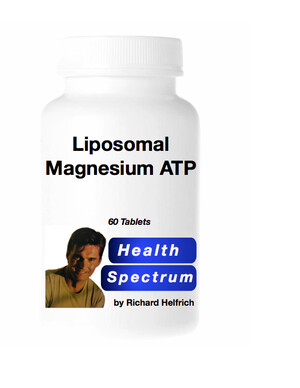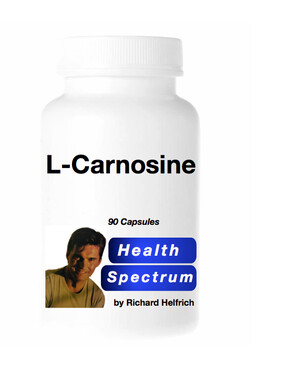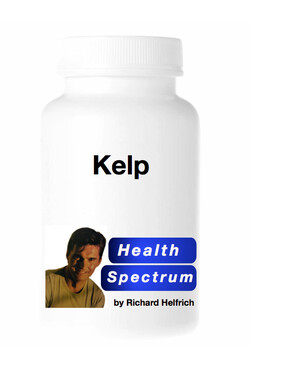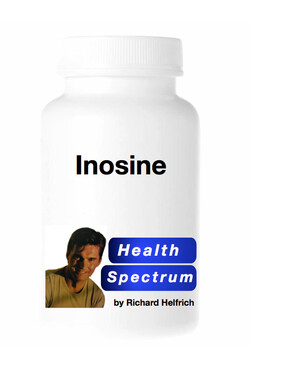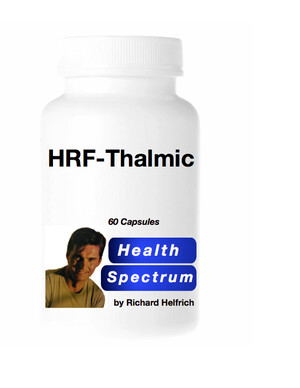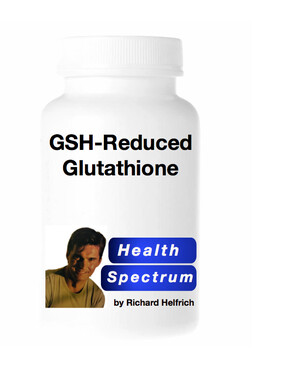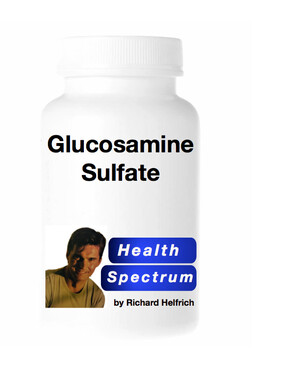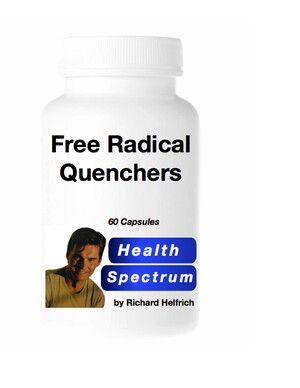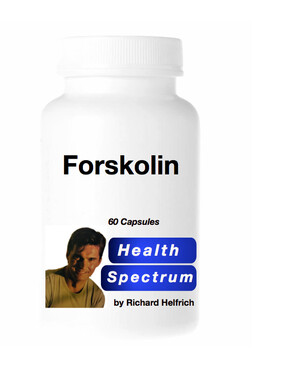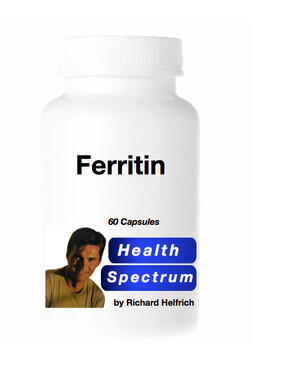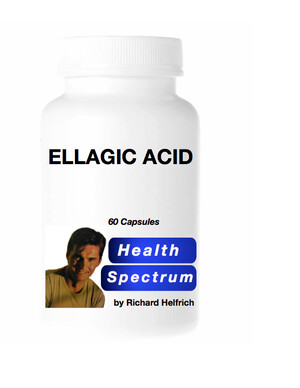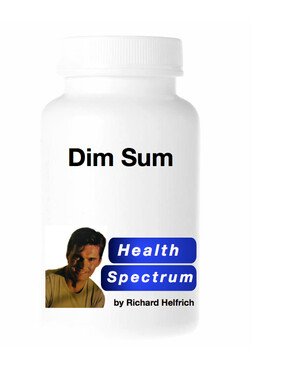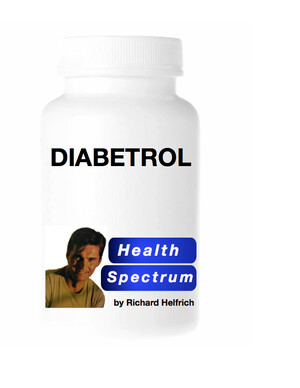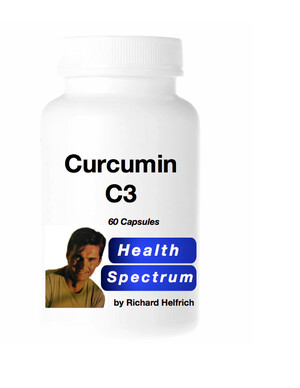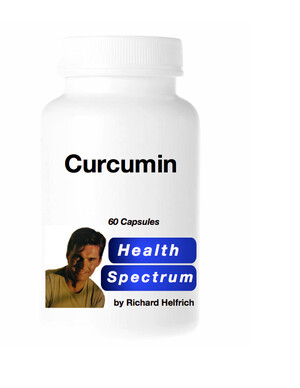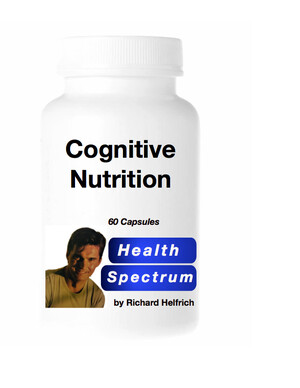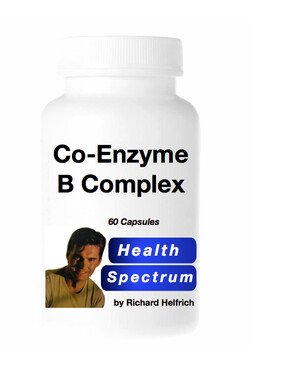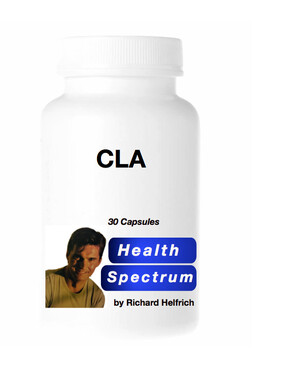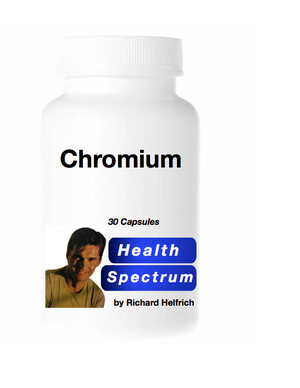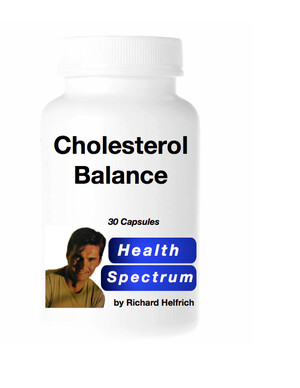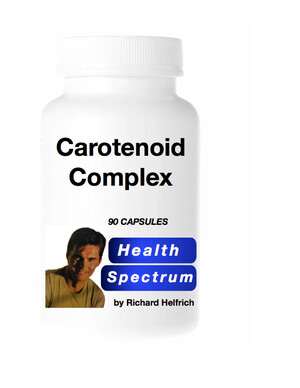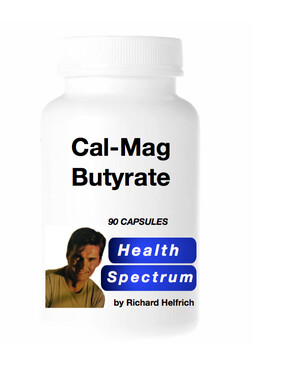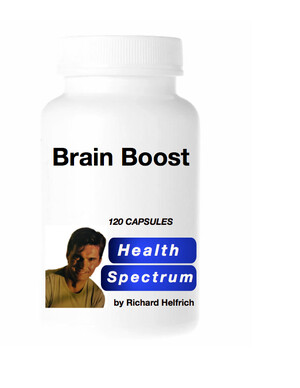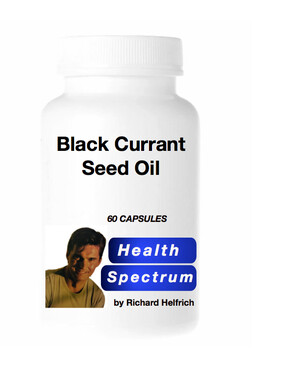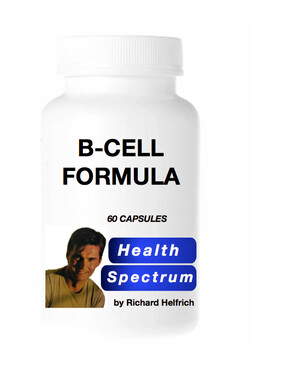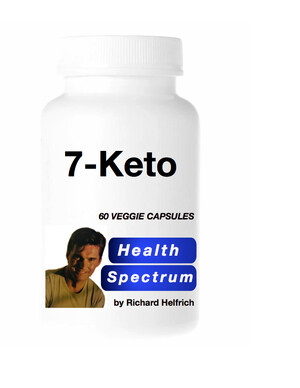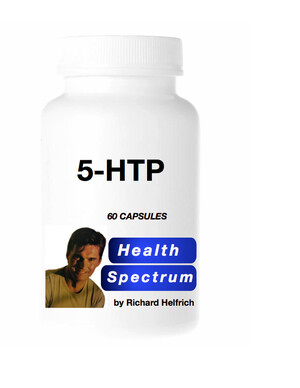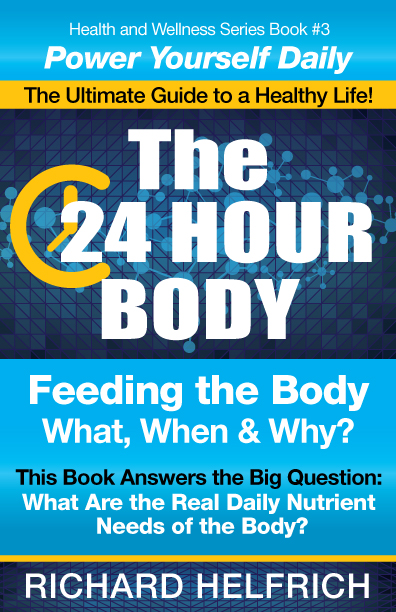What Are Vitamins?
A vitamin is an organic compound and is a vital nutrient. It is only required in limited amounts but the human body cannot function properly if it is deficient in any one of the fourteen known vitamins.
An organic chemical compound is called a vitamin when the organism cannot synthesize the compound in sufficient quantities, and it must be obtained through the diet; thus, the term “vitamin” is conditional upon the circumstances and the particular organism. For example, ascorbic acid (one form of vitamin C) is a vitamin for humans, but not for most other animal organisms.
The body requires vitamins (virtually tasteless, organic compounds) in small amounts to maintain normal metabolic functions. Vitamins help regulate metabolism, convert energy into ATP, promote growth and reproduction, and help avoid serious conditions related to deficiency.
There are criteria for classifying vitamins: A compound is a vitamin when:1) it cannot be built in ample amounts by the body; and 2) physical symptoms have been linked to a chronic deficiency. In addition, replenishment of deficient vitamin removes symptoms of deficiency.
Why Use Supplements?
Vitamin supplements are important when you consider the dramatic reduction in nutrient content in most foods that are available in this country. Many health problems stem from a simple lack of bioactive vitamins in our food, not to mention mineral depletion. Ideally we should not have to supplement our diets with vitamins and minerals if the major cultivation practices were closer to what small farms have done for thousands of years. Sadly, this is not the case. There are growing numbers of people who see the benefit of small farming practices and are working towards implementing it and spreading awareness of this important issue. Getting all the original nutrients back into the soil and into the foods we eat is a much better solution than taking supplements!
See My Blog Post – How to Take Supplements

